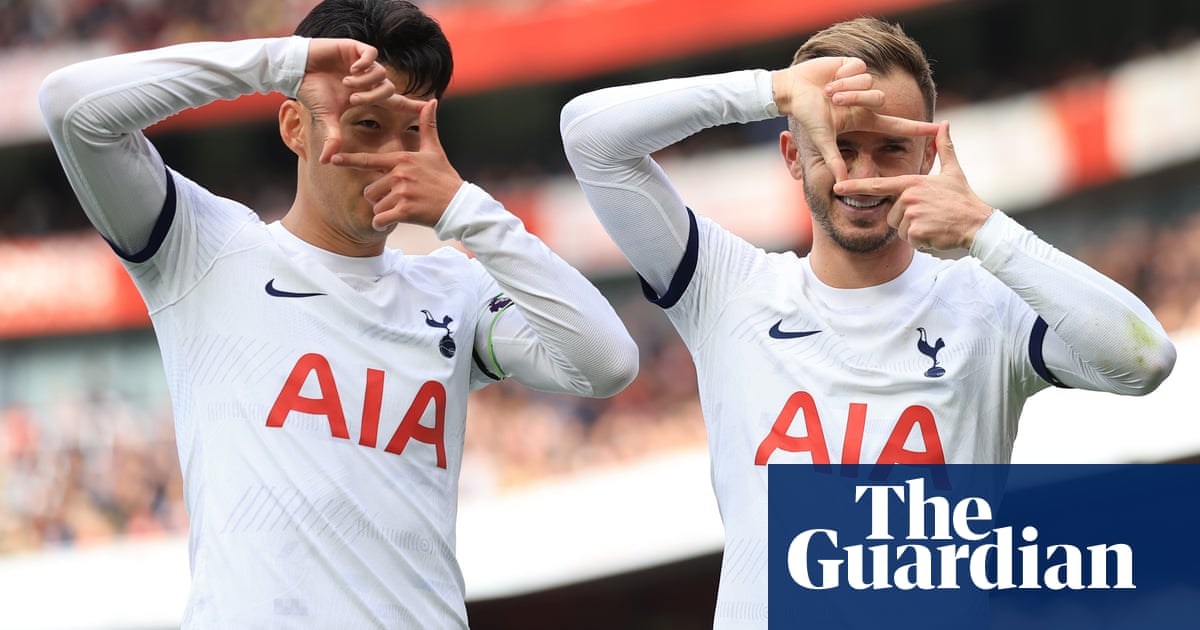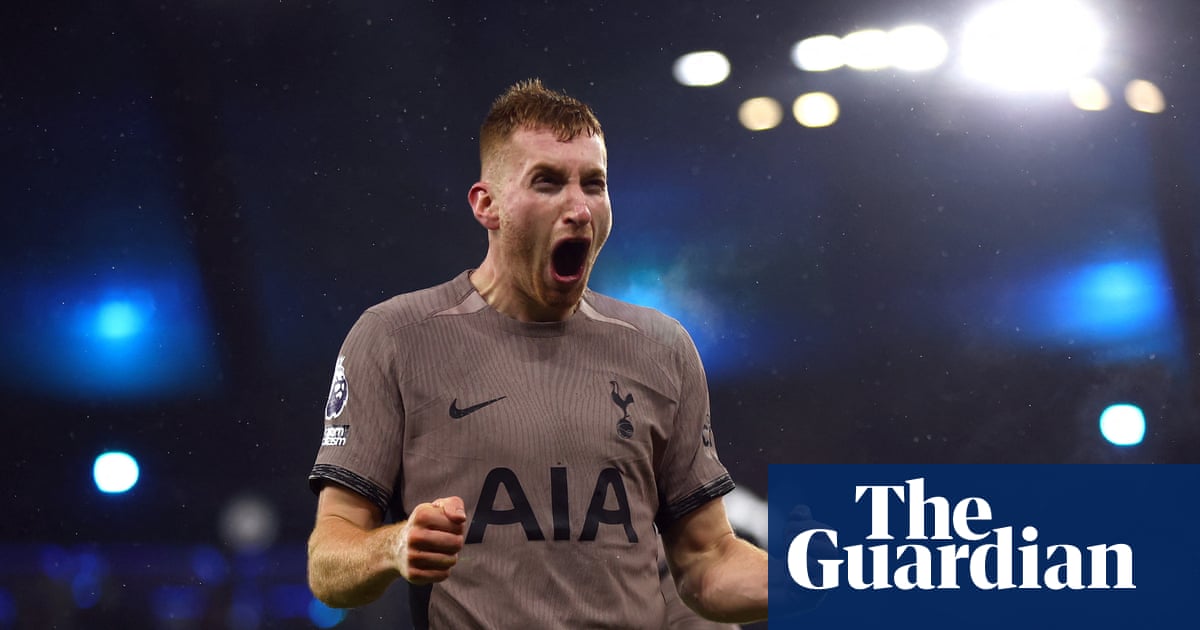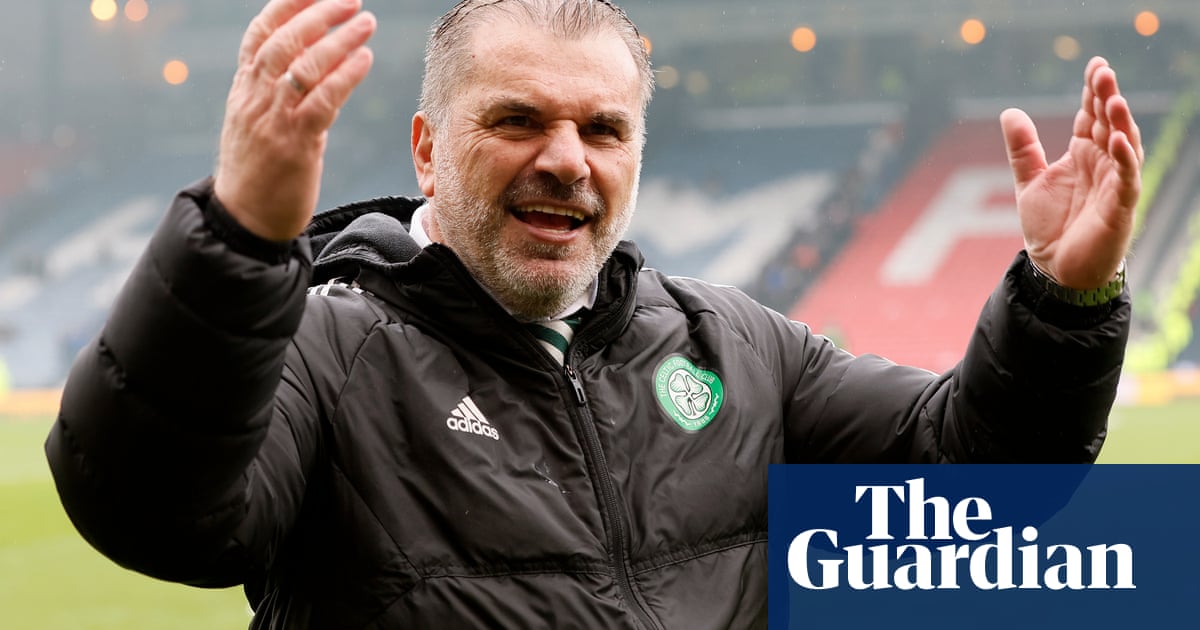
Charlie Hurley, the greatest player Sunderland ever had, died on Monday. He was tough, powerful and composed, captain of Alan Brown’s promotion side of 1963-64, which may have been the best of all postwar Sunderland teams. Certainly it was the side my dad talked about the most, far more than the FA Cup-winning team of nine years later. Montgomery, Irwin, Ashurst, Harvey, Hurley, McNab, Usher, Herd, Sharkey, Crossan, Mulhall: names that flitted through my childhood as legends of a greater age. Imagine if Brian Clough hadn’t done his knee.
George Mulhall, the Scottish outside-left, was his favourite, I think, but only because there was no point celebrating Hurley; everybody did that. Decades later, fans still sung Hurley’s name and bought No 5 shirts with his name on the back. His popularity at this remove is hard to explain. Other than promotion, Hurley won nothing. He wasn’t even local: born in Cork, he moved to Millwall at an early age and spoke with a pronounced London accent.
But something about him, that blend of strength, resilience and elegance, unflappable under pressure, chimed with the region. A fanbase rooted in the shipyards and the pits saw in him the best of themselves. The football gods seemed to acknowledge his significance, granting him a walk-on part in the 1973 Cup win as he brought his Reading side to Roker Park in the fourth round. Sometimes there is a bond between club and player or manager that goes way beyond material success.
Which brings us to Ange Postecoglou. You can sift through Tottenham’s results this season and draw almost whatever conclusion you like. On the one hand, fifth in the table, even if it does not bring a Champions League place, is a significant improvement on last season and beyond expectations after the sale of Harry Kane. On the other, the season falls into two distinct parts: 2.6 points per game for the first 10 matches, 1.55 since. It was never reasonable to expect that start to be maintained, but equally, even taking injuries into account, it’s fair to ask just why Tottenham at times look so open.
An ideological commitment to attacking football is all very well, a refreshing contrast to the stodge of José Mourinho, Nuno Espírito Santo and Antonio Conte, but it can’t become a universal excuse: that’s just how we play, mate. That openness, though, chimes with Tottenham fans: their self-image is of quixotic dash. Never mind the lack of a league title since 1961, just smell the glory.
In that sense, Postecoglou is the perfect fit, which is what made his blunt defence of “plastic” fans last month so striking as he insisted clubs should look to accommodate fans from all over the world.
What, after all, is the point of the arduous close-season tours (Spurs will play Newcastle in Melbourne three days after their final league game of the season) to every corner of the globe if it is not to grow the brand? Which is all very well, unless you happen to be a season-ticket holder of 40 years standing from Green Lanes who regards Spurs as an integral part of your identity and looks at the latest price rises and restriction of concessions with horror.
This is not just an issue for Tottenham. There are widespread protests about soaring ticket costs, with a growing recognition that the Premier League’s global popularity is driving an inflationary spike and a sense that modern club owners are less interested in the fans who turn up for every game than those for whom it is a rare treat, who are prepared to pay higher prices and are more likely to buy souvenirs in the club shop.
The Premier League is a global league. Most of the players are foreign, most of the managers are foreign and most of the owners are foreign; is it really so surprising if many of the fans are foreign as well? Perhaps that’s even a necessary cost of the Premier League’s financial dominance and its capacity to buy the best from anywhere on the planet.
But that’s not much consolation to the fan whose family have been going to Spurs regularly for 100 years who finds himself priced out by tourists who picked Tottenham on a whim a couple of years ago. What are they supposed to do? Shrug their shoulders, take down the Bill Nicholson portrait and toddle off to Haringey Borough instead?
There’s an irony there that part of the appeal of the Premier League is the way clubs represent their communities, the sense of them as organic entities that have value and meaning beyond the hollow shell of a franchise (in cricket, the Hundred has this problem: Yorkshire or Essex or Somerset means something in a way that the Oval Invincibles or “the ones Jonny Bairstow plays for” or “the ones who look like Skips” just don’t).
Tourist fans, purely by their existence, erode that: last October, I spoke to an IFK Norrköping supporter who dreamed of visiting Anfield. When he finally went, though, he found himself surrounded by 200 other Scandinavians. “I realised,” he said, “that I was part of the problem.”
But what’s the solution? Cap the number of tickets available to addresses outside N17? Give fans an entrance exam to make sure they’re fully up to speed with Peter McWilliam, Dave Mackay and Chas & Dave? Stop pursuing a model that demands constant growth? There has always been a tension between the idea of football as some idealised symbol of place and the commercial reality but it has never felt more acute than it does now.
Which is not to say that Postecoglou shouldn’t have a view. And he’s not wrong. It’s just that two things can be both true – that football clubs should be welcoming to all, particularly those to whom they aggressively market themselves, and that they have an almost sacred position as community assets – and almost incompatible. Postecoglou, as an outsider who seems an oddly perfect fit for a club, is the perfect example of that.
Would a global fanbase grasp the significance of Hurley? Would they understand why he was so revered, why his death has prompted such sadness? Perhaps it doesn’t matter. But there is an odd sense that the more popular football becomes the less it means.












